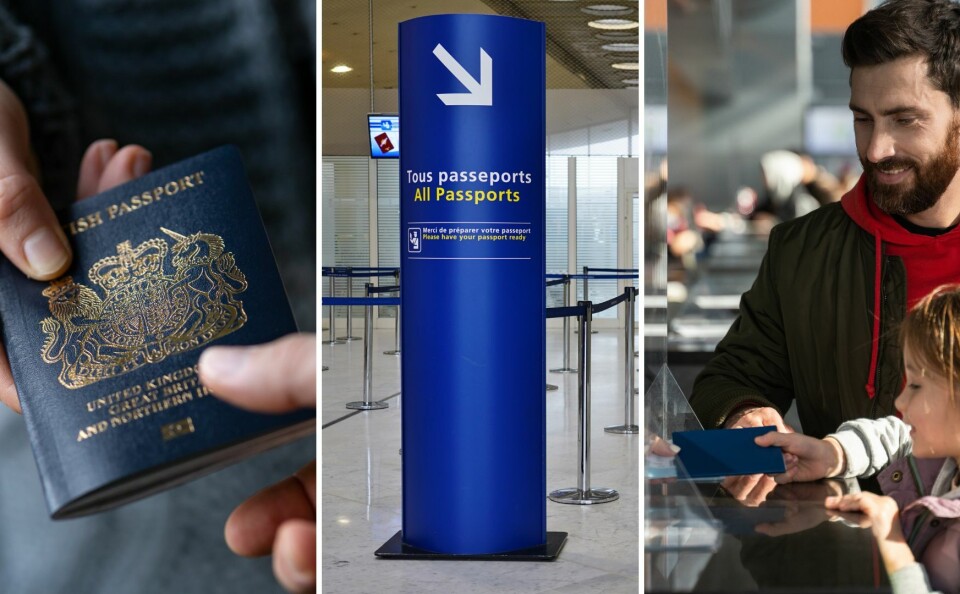-
90/180 days rule: readers tell of impacts on health and on family and working life
Rule affects Britons post-Brexit as well as other non-EU citizens such as Americans
-
Germany to prolong EU border checks: how travel from France is affected
Checks at land borders will take place until at least September 15, 2026
-
EES: Why am I fingerprinted every time at Nice airport?
Phase-in period is continuing and technical improvements are still awaited
Passports, Etias, EES: Changes to European border control in 2023
We look at how passports will be used to track non-EU residents, how the new European Entry/Exit System will work and more

[Update April 5, 2023 at 17:00 - The EES scheme has been delayed until the end of 2023, and the implementation of the Etias scheme is now expected to take place in 2024.]
Two major changes are due with regard to entry into the EU of visiting non-EU citizens: the European Entry/Exit System (EES) and Etias, in May and November this year respectively.
Information can be found at travel-europe.europa.eu
The EU warns people to avoid possible fraudulent sites seeking to cash in.
Read more: Second-home owners in France can get information on new Etias website
European Entry/Exit System
There are concerns that EES, in particular, could lead to long queues at EU entry points.
Foreign people living in the EU will not be affected but might become caught up in queues.
Read more: Longer waiting times expected due to new EU border checks
EES will track comings and goings of non-EU visitors to the Schengen area, including having their fingerprints scanned and a photo taken, for entry into a database on first entry after implementation. They will be kept for three years.
Passports will also be scanned to log a holder’s movements, replacing the need for a passport stamp, and their identity will be checked against security lists.
Pre-registration booths are planned at some airports but, at least for the time being, it is expected that people will still need to pass in front of an officer at a desk for final validation.
Etias
Etias will be an online visa-waiver pre-approval for non-EU citizens to visit the EU. It will cost €7 for adults aged 18 to 70 and will last three years or until the person’s passport expiry.
All non-EU citizens will need one. Minors’ approval should be applied for by an adult responsible for them.
Read more: How will Etias EU visa-waiver scheme affect residents of France?
People must submit name, address and contact details, parents’ names, passport details, educational level and occupation, country and address of first intended stay, details of any criminal convictions, travel to war zones, and if you have been subject to an order to leave an EU country.
People will be advised to apply before booking travel and accommodation in case of delays in approval (the application requires your ‘travel plans’ but it is fine if these later change).
Approval will take from ‘minutes’ to four days. In more complex cases, you might be asked for extra information or to attend an interview, which could take up to another 30 days.
Related articles
Trains, cars, flights: What is new for travel in France in 2023
Language tests, votes, immigration: French residency changes in 2023
Privatised Eurostar security will raise terror risk, says French union
























